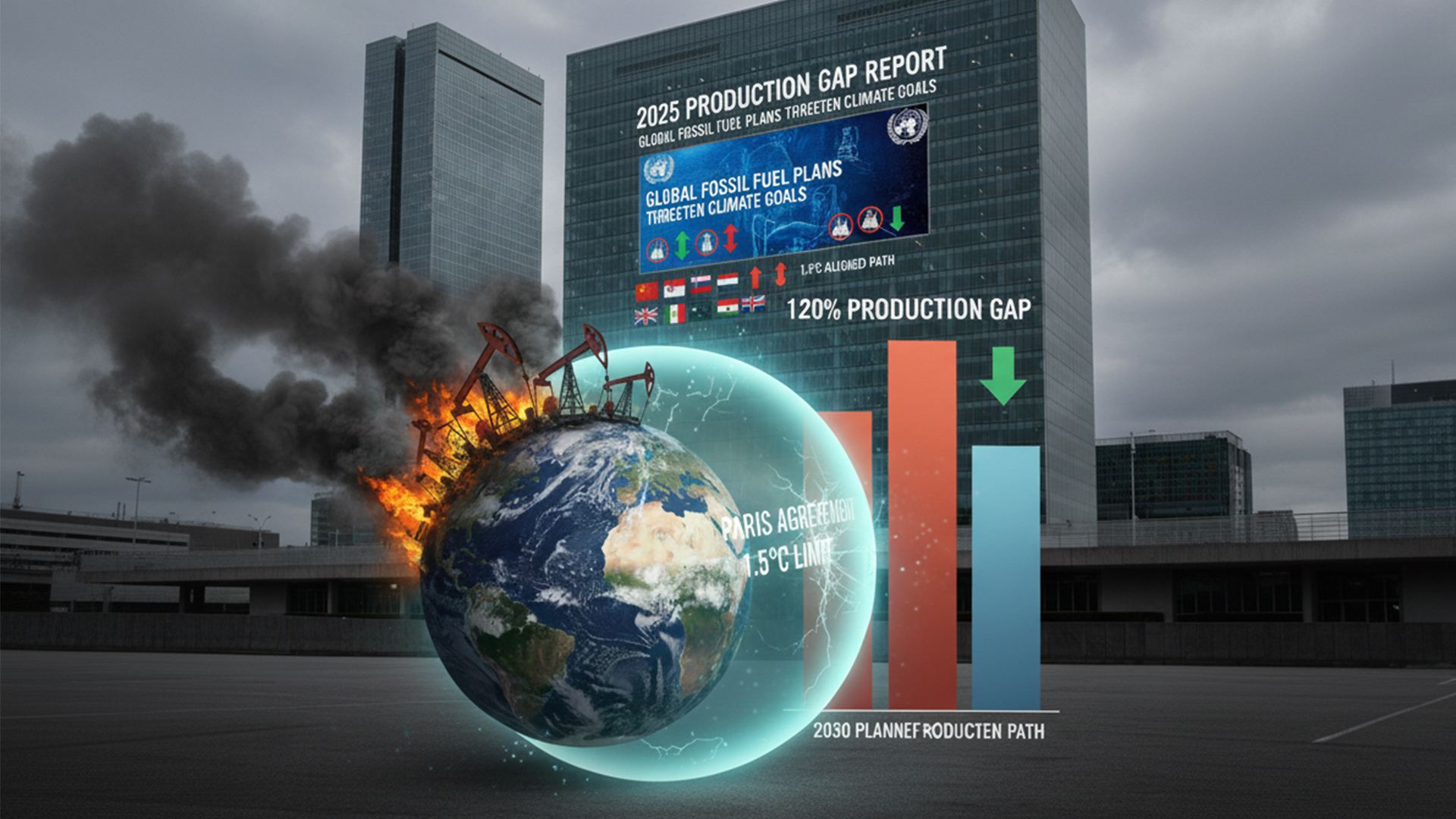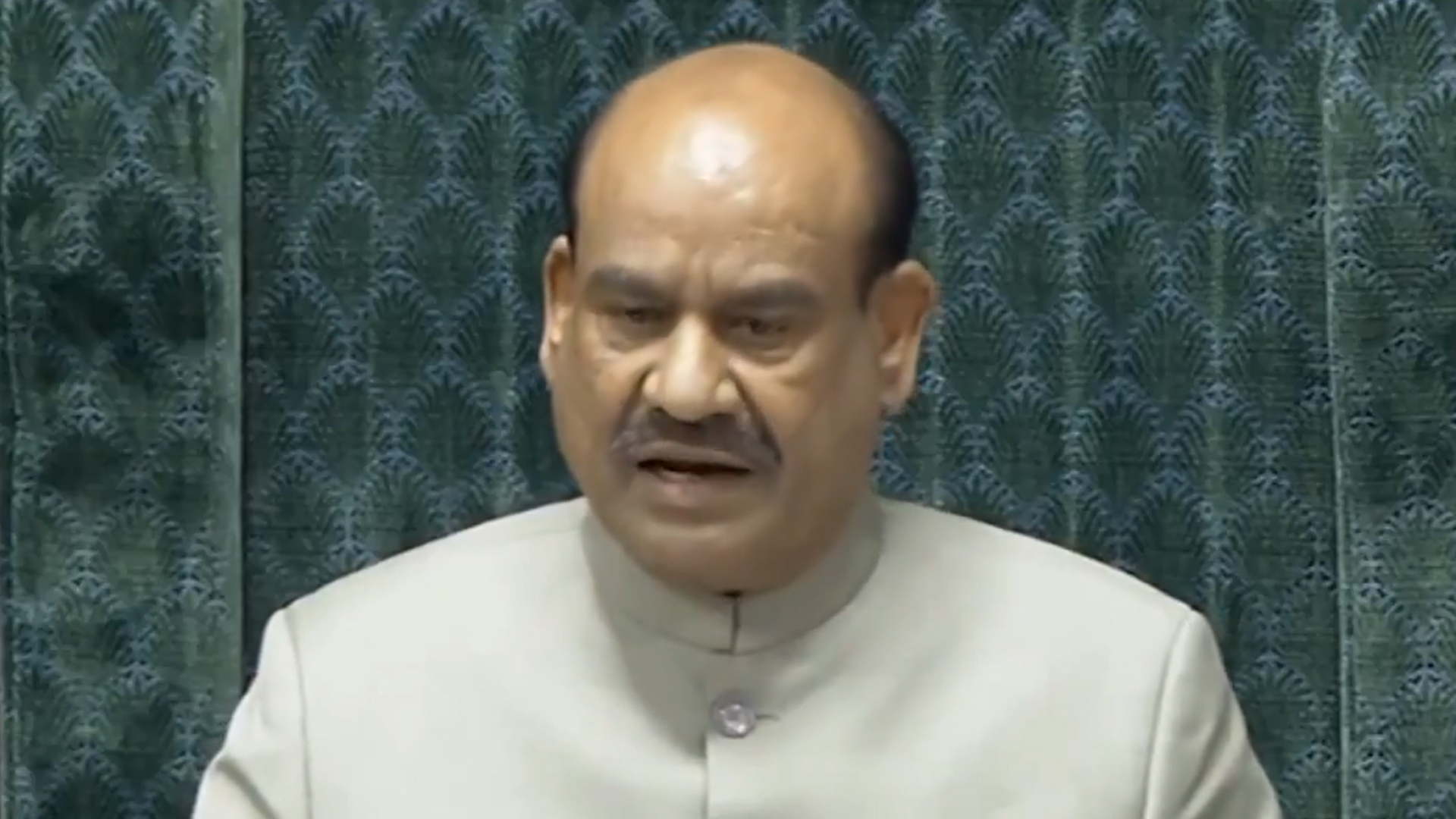A new report released ahead of a special high-level climate action event at the United Nations General Assembly underscores the growing gap between global fossil fuel production plans and the targets set by the Paris Agreement. The 2025 Production Gap Report, published by the Stockholm Environment Institute, Climate Analytics, and the International Institute for Sustainable Development, reveals that governments collectively plan to produce more than double the volume of fossil fuels in 2030 than would be consistent with limiting global warming to 1.5°C above pre-industrial levels. This represents a 120% increase over the 1.5°C pathway and a 77% increase over the 2°C pathway.
The report highlights that, despite the Paris Agreement’s goal to limit global warming, fossil fuel production plans have continued to rise. In 2023, the gap was 110% above the 1.5°C pathway and 69% above the 2°C pathway. This trend is particularly concerning as fossil fuels account for approximately 75% of global greenhouse gas emissions.
Notably, India is among the countries where fossil fuel production plans have increased. The report indicates that India’s coal production by 2030 is projected to exceed previous plans, contributing to the widening production gap. This is despite India’s efforts to expand clean energy sources, such as solar and wind power. In the first half of 2025, India’s power-sector carbon dioxide emissions declined by 1% year-on-year, marking only the second such drop in nearly 50 years. This decline was primarily due to a combination of record-breaking clean energy additions, milder weather that reduced electricity demand, and a surge in hydropower output.
The report also notes that 11 of the 20 major fossil fuel-producing countries, including the United States, Russia, China, and Saudi Arabia, plan to increase fossil fuel production by 2030. Only a few countries, such as the United Kingdom, Australia, and Norway, have committed to reductions. Experts urge governments to urgently reverse this trend and shift investments toward renewable energy, emphasizing that continued overproduction accelerates depletion of the global carbon budget.
In response to these findings, UN Secretary-General António Guterres convened a special high-level event on climate action during the UN General Assembly to bring renewed focus to the climate crisis. The event aims to galvanize international support for more ambitious climate commitments ahead of the upcoming climate conference in Brazil later this year.
The 2025 Production Gap Report serves as a stark reminder of the urgent need for governments to align their fossil fuel production plans with the Paris Agreement’s climate targets. Without significant policy changes and a concerted global effort to transition away from fossil fuels, the goal of limiting global warming to 1.5°C remains increasingly out of reach.
Also Read: U.S. Court Examines Potential Breakup of Google’s Ad Tech Business






